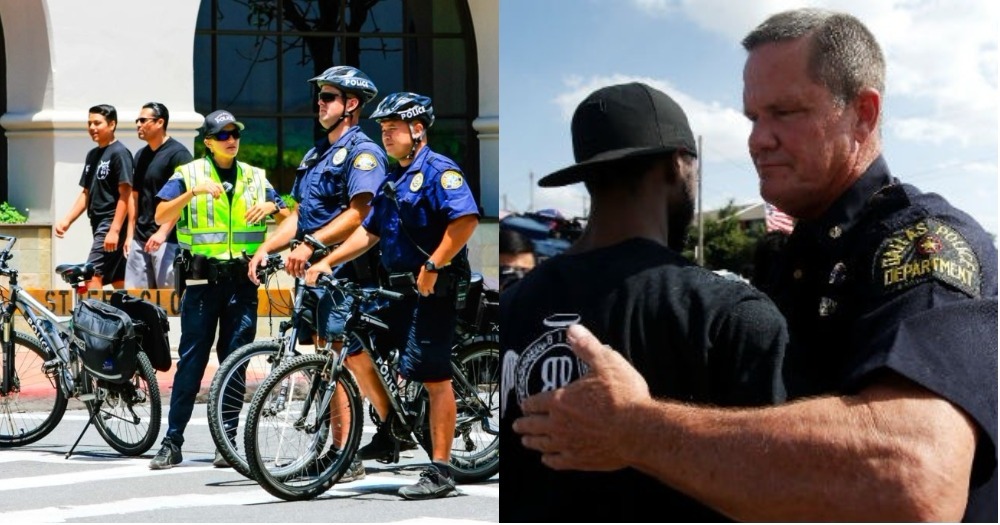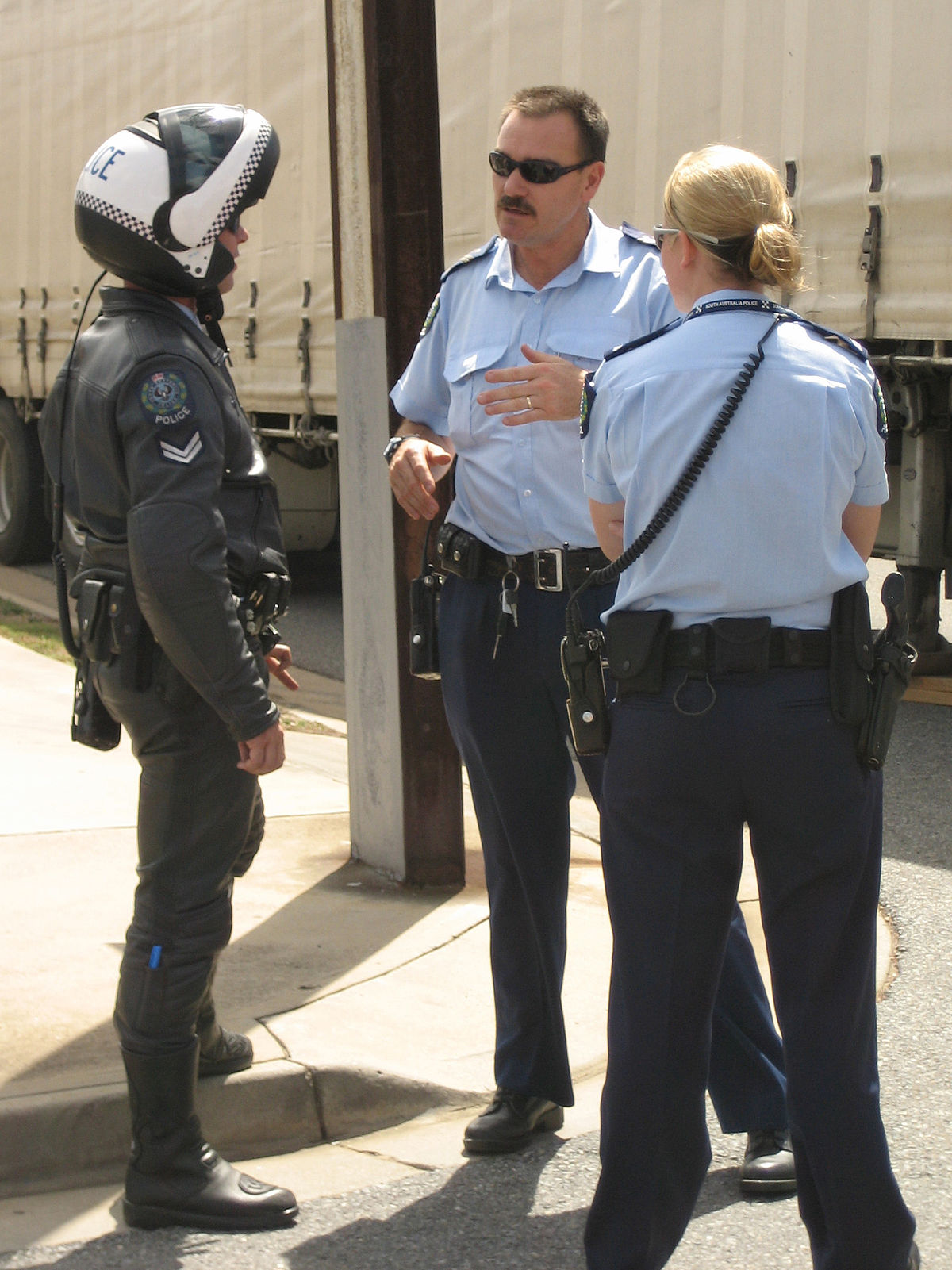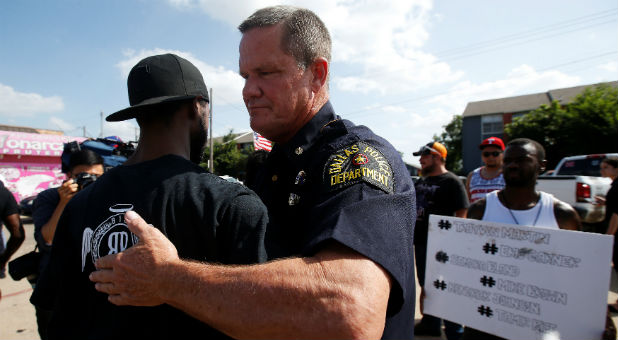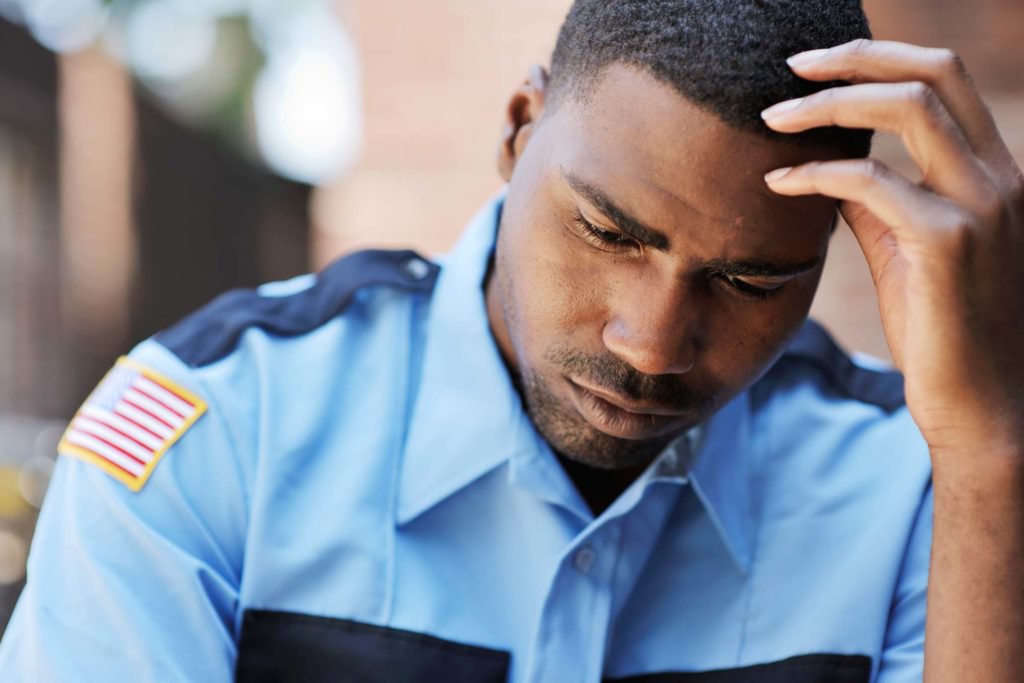
45 Things Police Officers Want You To Know

Gender is part of the problem

This is a guy thing. Most police shootings are by male officers. When I was a police chief, we made a decision there would always be one or two women on our SWAT team. I told them, “I need a den mother. I need you to be there because you are a rational person who can help tamp down some of that testosterone.” —Jim Bueermann
Some officers form cliques

People ask me, “Why don’t good police officers rat out bad police officers?” Well, just like in any other organization, there are cultures and subcultures. Police officers who tend to do things by the book hang out with other officers who do things by the book. Those who push the envelope hang out with other people like them. —Eric Quarles, PhD
We wish more cops spoke up about misconduct

Why does anyone in any industry not report the misbehavior of friends and colleagues? —Jim Bueermann
The tactics we use now should be revisited

We need to teach proper police tactics so officers have more options when someone doesn’t cooperate. In the Tamir Rice case, officers there were dispatched to a man with a gun in a park. It turned out to be a 12-year-old boy with an Airsoft-style pistol. But because the officers drove right up to him instead of staying at a distance, they didn’t have an opportunity to take cover. When they saw him with gun in hand, that left them with no other option but to fire. —Sue Rahr (Editor’s note: Tamir Rice, 12, from Cleveland was killed when police mistook his air gun for a real gun. Charges were not brought against the officers involved.)
Improving communication could save lives

Communications training is sorely lacking in policing. Look at Eric Garner. Here’s a case that starts out as a minor infraction [selling untaxed, loose cigarettes]. The officers are trying to talk to him, and it’s not going well. In a case like that, if they had better communication skills, they may not have had to use that kind of physical force. —Jim Bueermann (Editor’s note: New Yorker Eric Garner, 43, died when he was put into an outlawed choke hold. A grand jury refused to bring charges against the officer involved, but a sergeant on the scene was brought up on departmental charges.)
We want to get to know you

Departments that are doing it right look for ways to connect with residents when they’re not in crisis. When I was chief of Brooklyn Park, Minnesota, one of my command staff members was a fisherman, so we started a Cops ’N’ Kids Fishing Tournament. We’d take 100 kids each year and have fun. Over time, those off-line interactions add up. —Mike Davis, chief of police at Northeastern University in Boston
We avoid using force, if we can help it

Tucson, Arizona, created a new unit to handle cases involving mental illness. These officers serve the department’s involuntary commitment orders, which typically involve a lot of conflict. They go in plain clothes and start building rapport with the person before serving the order. To date, they’ve served over 1,500 orders and had to use force only twice in emergency situations; that’s remarkable. —Sue Rahr
The best officers are the best listeners

As I’ve matured in this job, I’ve learned that you become a better police officer when you listen to people. We’re trained to neutralize a threat, to make arrests. But I find that if I let off the gas a little, listen a bit more, I can resolve problems with a lot less conflict. Some of the problems we encounter, people just want to vent. —Eric Quarles, PhD
Our work changes the way we think

We’re not automatons. We see people at their worst, and it makes us jaded. —Chicago police officers who blog anonymously
Our jobs are emotionally draining

We are affected by things we experience on the job. I get a lot of calls where I see children who have been abused and neglected. I’ll go into a house and there’s no running water, no electricity, feces all over, and kids there who haven’t eaten for days. Sometimes, I’ll say a prayer while I’m there. It wears on you. —An Iowa state trooper
